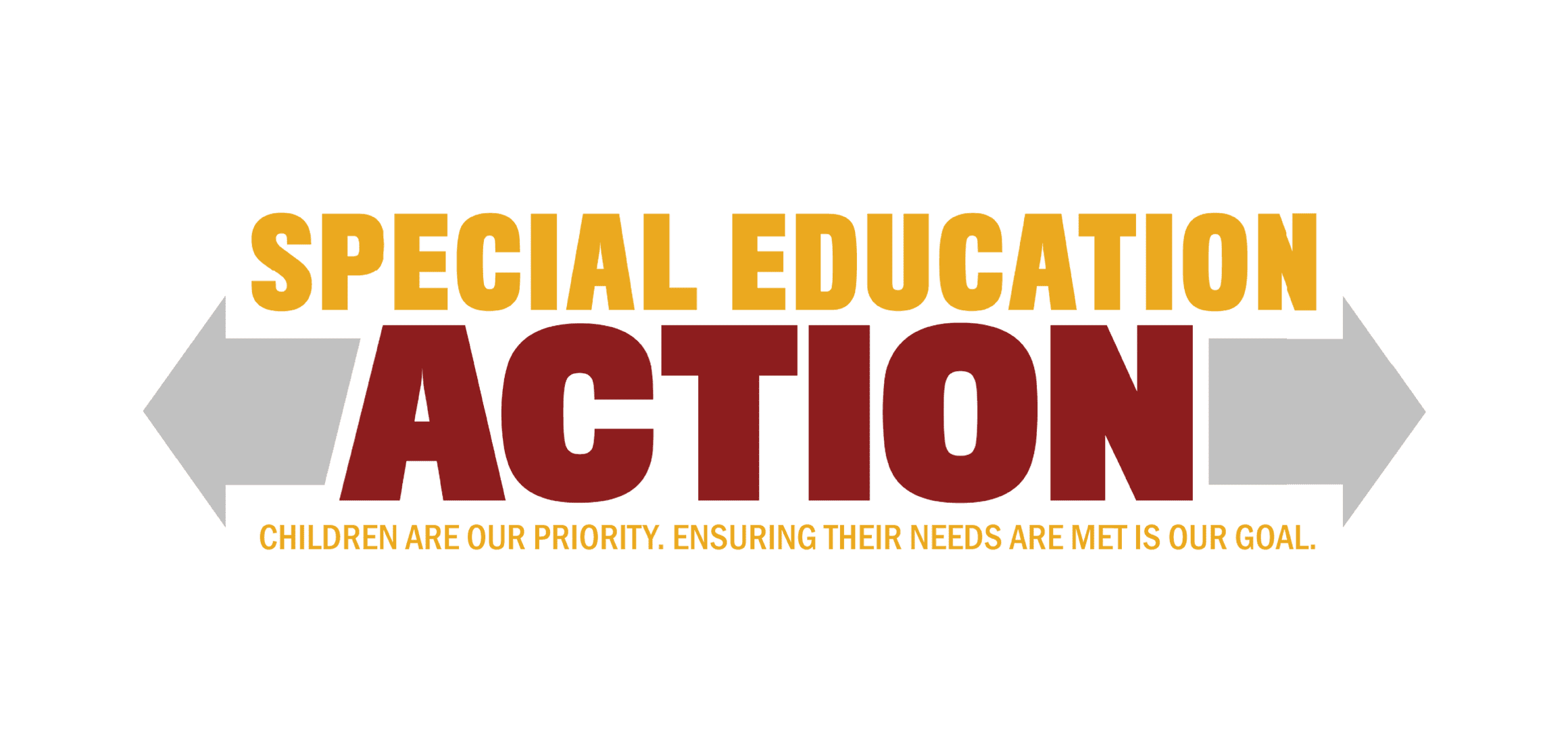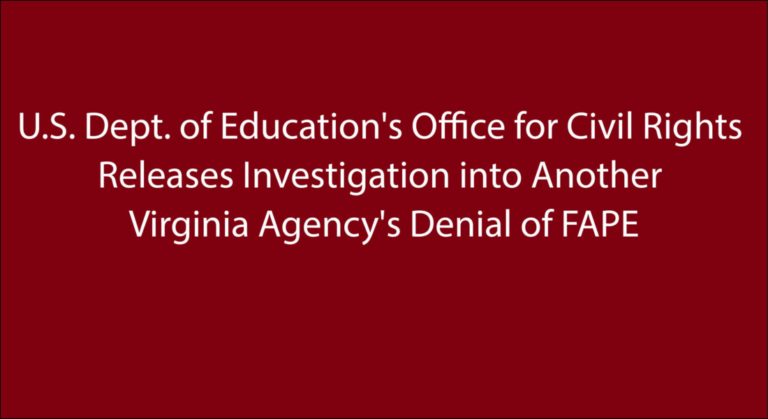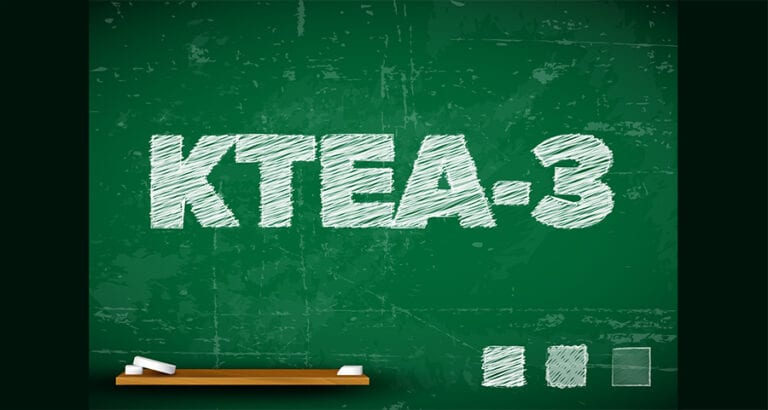
Special Education Action is a 501(c)3 nonprofit publisher covering special education.
Its mission is to ensure parents, educators, and students have the information and tools necessary to fully understand, address, and safeguard the unique needs of all students who require special education.
Recent Articles
U.S. Dept. of Education’s Office for Civil Rights Releases Investigation into Another Virginia Agency’s Denial of FAPE
November 30, 2022, OCR released its letter of findings in response to its investigation of Fairfax County Public Schools.
December 16, 2022, OCR released its letter of findings in response to its investigation of Southeastern Cooperative Educational Programs, which, like FCPS, is under the Virginia Department of Education.
Accommodation Breakdown: Word Prediction Software
The following is an example of an accommodation written into one student’s IEP:
“Student will respond using word prediction software.”
Seems straightforward, but there are too many holes to allow it to stand.
KTEA-3: Comprehensive Isn’t Always Comprehensive
If yes, do you know if the Brief or Comprehensive Form is being administered?
Do you know the difference between the Brief and the Comprehensive Forms?
Are you aware of the Dyslexia Index?
Do you know if your school is cherry picking subtests to administer, what each subtest measures, and if they are appropriate for assessing your child’s needs (or suspected needs)?
Accommodation Breakdown: Clearly-Defined Expectations
1. The report must be one page in length.
2. The report must focus on a topic she taught in science within the last month.
Did she provide clearly-defined expectations?
No.
The accommodation for clearly-defined expectations should provide exactly what it sound like: clearly-defined expectations.
For the student’s IEP or 504, the accommodation must be written as clearly as it is expected to be implemented.
Accommodation Breakdown: Accessible Text
If your student needs accessible text, ask the questions posed in this article as this accommodation is developed,
Portrait of a Systemic Complaint, Part IV: FCPS’ Late Responses; VDOE’s Ignominious Failures (a.k.a. Obliterating 60-Day Timelines)
December 8, 2022: This article was updated to include this mention of Office of Civil Rights (OCR) November 30, 2022, letter of findings about Fairfax County Public Schools and OCR’s resolution agreement with FCPS. OCR’s findings cite this systemic complaint and make it clear that parents should have prevailed in 2020.
Part III of this series discussed the Virginia Department of Education (VDOE) extending Fairfax County Public Schools’ (FCPS) deadline for responding to the Notice of Complaint (NOC) issued by VDOE.
It discussed, too, FCPS missing the extended deadline and VDOE accepting FCPS’ late submission, even though VDOE’s NOC states, in bolded type:
“Both the school division’s response and supporting documentation must be provided by the response due date in order to be considered for review by this office. Should the supporting documentation not be included, our review will rest on the documentation submitted by the response due date.”
What happened next?
A colossal mess.





